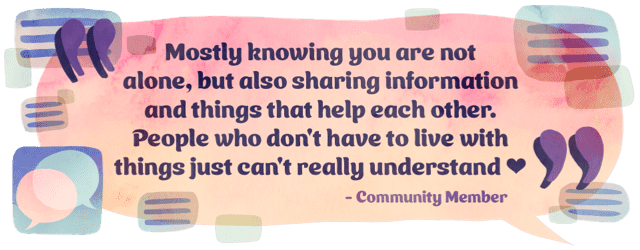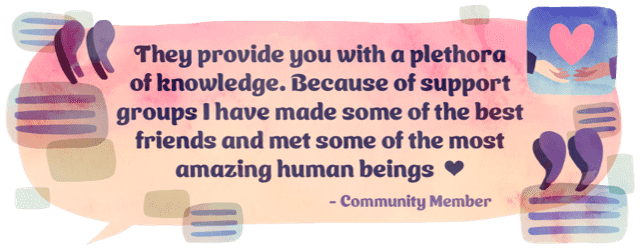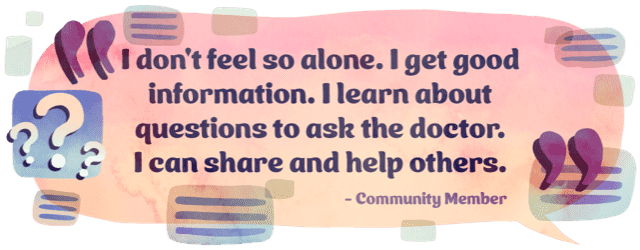Are Forums Still Relevant in the Social Media Age?
One of the most exciting parts of the advent of the internet was the ability to quickly communicate with others from around the world. The first message boards, also known as forums, broke onto the scene in the 1990s and allowed strangers to leave and respond to messages on specific topics. Connecting with others online has advanced since those early days, so it begs the question if forums still have a place, and if so, what is it?
Benefits of forums
Privacy & safety
It’s no secret that big companies have data leaks or use information without consent all the time. Have you ever made a post in a group asking for the best heating pad only to have your ads dominated by therapy products for days? This common occurrence is not only annoying but can make it difficult to feel safe posting about sensitive medical issues. Forums are hosted on private websites, which may have safer protections for their users.

Organization
In today’s digital age, things move fast. On social media groups, it’s easy for a post to get lost or buried, sometimes within hours in a big community. Forums are generally organized by categories or tags, so it’s easy to find what you are looking for without sifting through irrelevant posts that might have a similar keyword.
Personal boundaries
Want to post about intimacy with your disease without users having access to your personal information? That’s not so easy if your social media profile is visible to everyone in the group. Forums give you the opportunity to share as much or as little of yourself as you feel comfortable with. Many users even choose to pick usernames that aren’t connected to their legal names. Plus, there is no worry about anyone sliding into your DMs.

Limited censorship
Forums have sets of rules to help ensure a safe space for users, without the cumbersome censorship issues seen on other platforms. As an example, vaccinations of all kinds are a common topic in chronic condition communities. Forums allow you to ask your questions about those vaccines without the need to use an emoji in place of the word. There also are no blocked terms in the search bar. Most every topic is welcome.
Increased connection
Since forums are solely dedicated to connecting users, authentic conversations happen organically. People aren’t hopping in and out between scrolling through recipe hacks. There is also no algorithm to fight through. Users come to the site specifically to find support and encourage others. With that mindset, they are in a mental space that is ready and focused on a deeper connection.

Forums provide many advantages, especially when dealing with conversations about personal health and conditions. A new diagnosis or unexpected symptoms can be a scary experience. Our site’s full focus is on cultivating an online experience that leaves users feeling safe to ask the hard questions and share their own experiences.
If you are ready to be a part of our community of warriors and start or join a conversation, we welcome you to click the link below and start engaging with others today!

Join the conversation